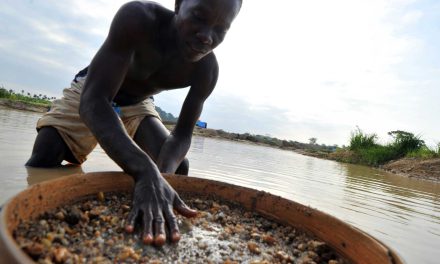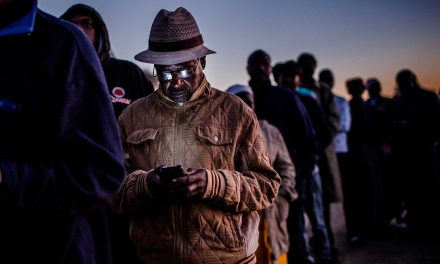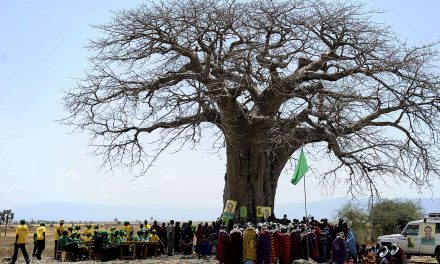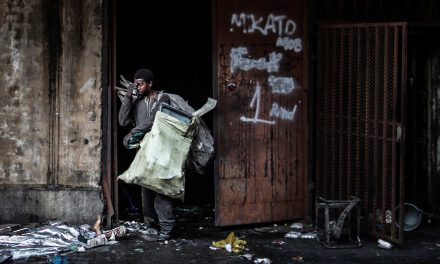In the past five years alone, the global community has experienced a series of unprecedented events that have drastically impacted economies, societies, and governance structures. The outbreak of the Covid-19 pandemic, coupled with travel restrictions and supply chain disruptions, has tested the resilience of governments and businesses worldwide.
Additionally, the escalation of the Russia-Ukraine conflict in Europe has heightened geopolitical tensions and raised concerns about the potential for further destabilisation. At the same time, the growing impact of climate change has heightened the urgency of transitioning to a more sustainable energy system that is capable of adapting to these global threats.
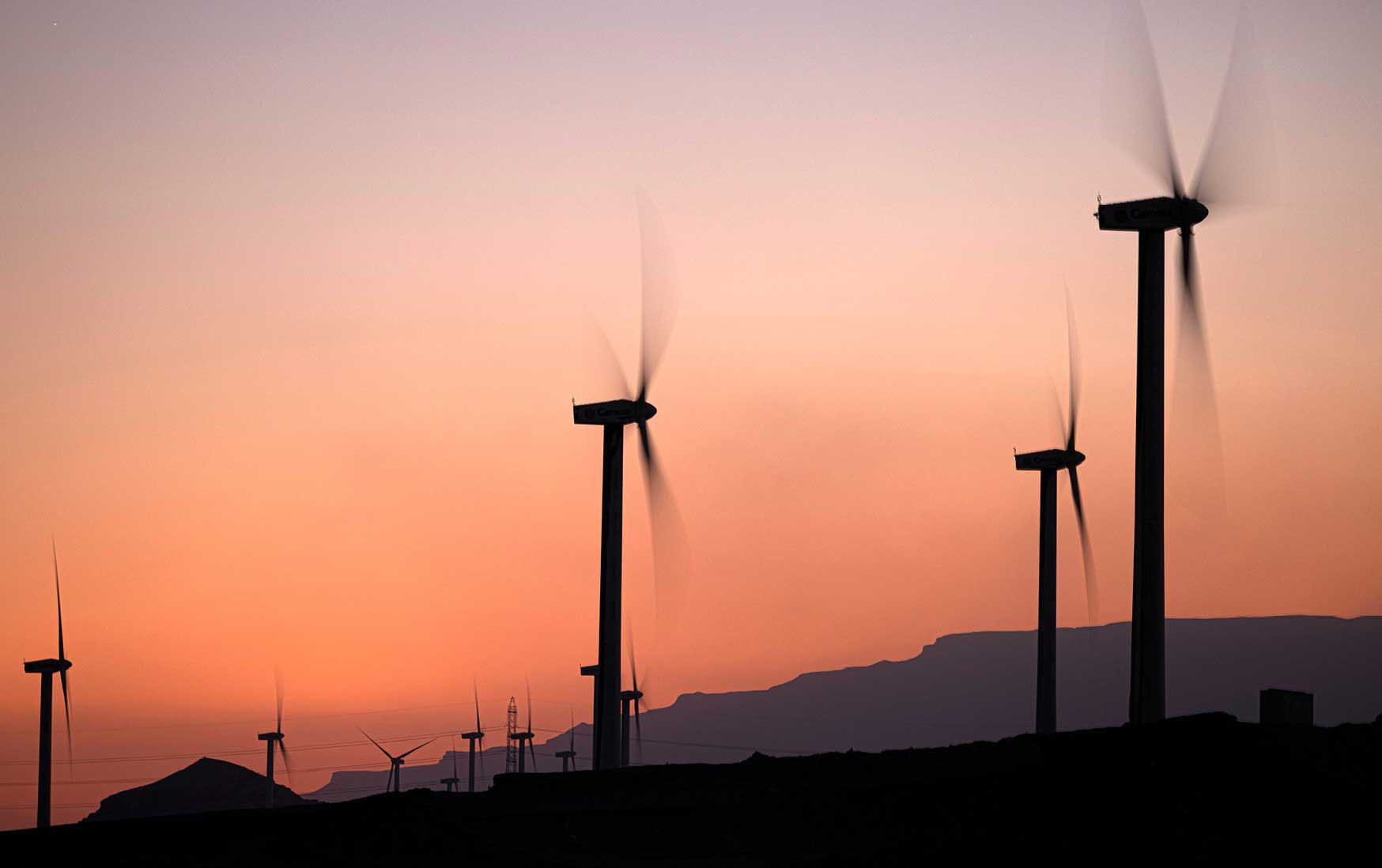
According to the Notre Dame Global Adaptation Index (ND-GAIN) Country Index, African countries are progressively more susceptible to the impact of global crises, owing to their fragile economies and low levels of development (Figure 1). The economic fragility of African nations makes them particularly vulnerable in the face of global energy security crises and the imperative of decarbonisation, exacerbating their inability to withstand the adverse effects of climate change and global disasters.
This heightened vulnerability requires a greater emphasis on inclusive governance and the development of sustainable energy systems in African countries. By prioritising inclusive governance and sustainable energy, African nations can build resilience to global crises and promote sustainable development that benefits all segments of society.
Access to reliable and sufficient energy sources remains a critical challenge on the continent as countries grapple with a significant disparity in energy distribution.
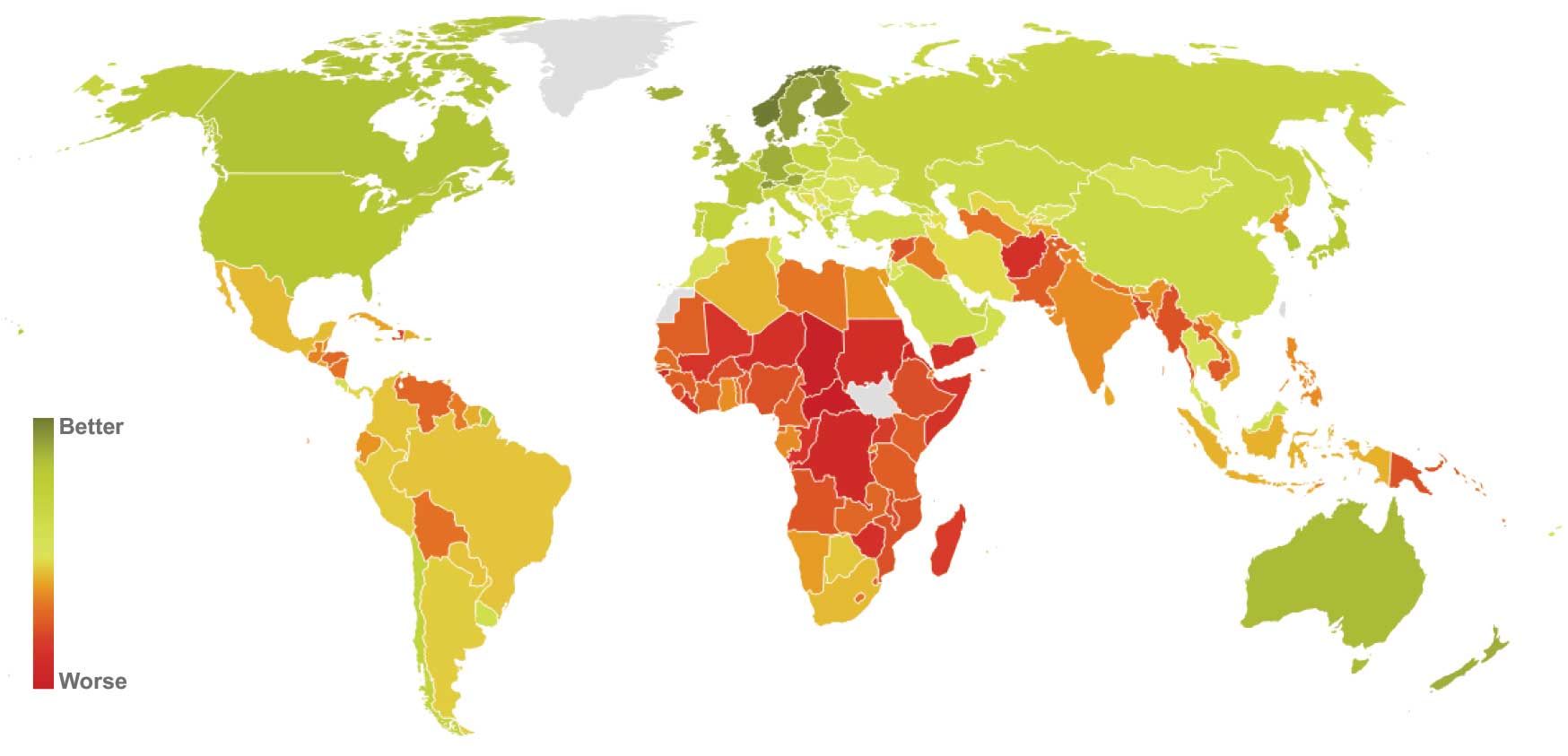
According to research by the Mo Ibrahim Foundation, despite accounting for approximately 17% of the global population, only 5.9% of the world’s energy supply is available in Africa, leading to the lowest per capita energy supply among all regions. Additionally, almost half (44,3%) of the total population in Africa does not have adequate access to electricity. This translates to more than 600 million people living on the continent still lacking electricity access. In contrast, global average electrification rates are around 90%, highlighting the urgent need to address this disparity and promote sustainable energy access in Africa.
Globally, the focus of the energy transition has primarily centred on the urgent decarbonisation imperative and the adoption of cleaner, low-carbon technologies to replace fossil fuels. However, the energy landscape in most African countries stands in contrast to this, characterised by the lowest level of carbon emissions globally (figure 2), significant energy deficits that threaten lives and constrain economic growth (figure 3), and challenges in accessing financing for new energy infrastructure.

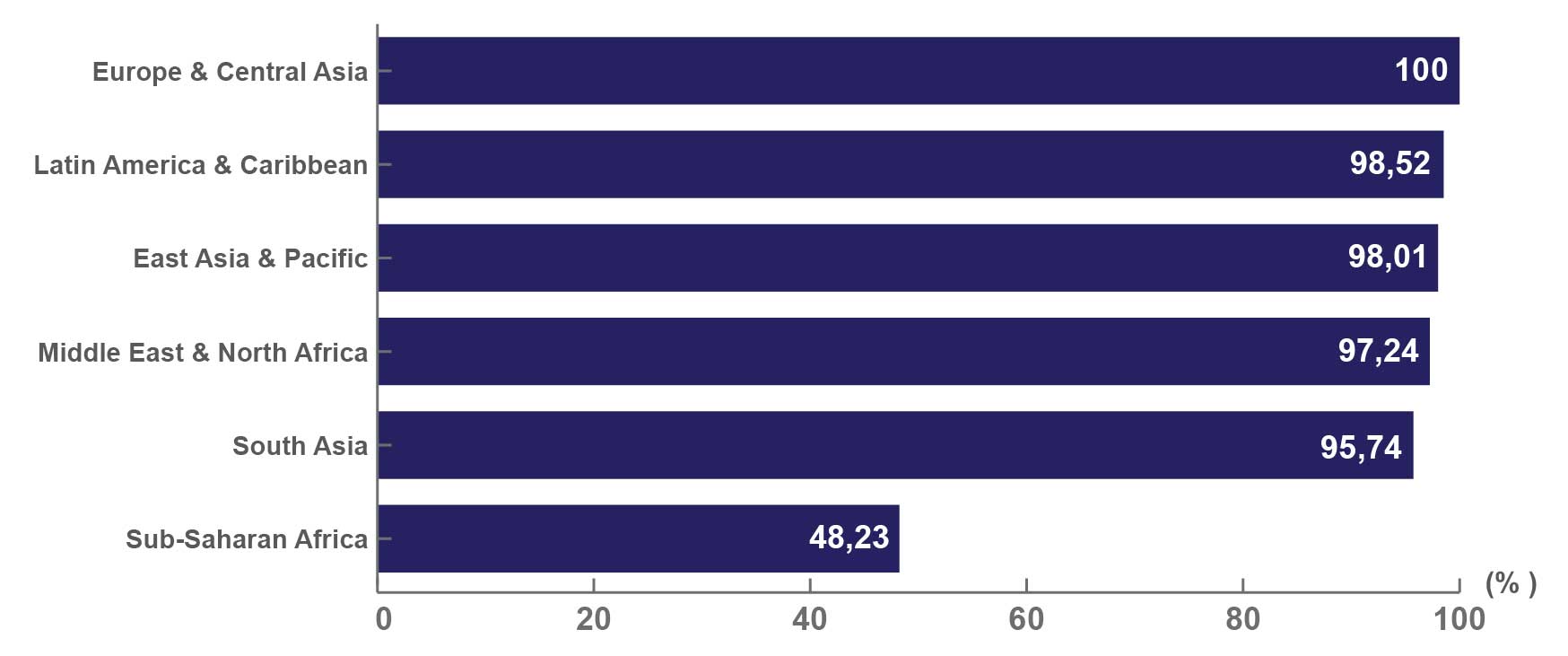
Given these realities, it becomes imperative to develop tailored approaches that prioritise energy access and security, while simultaneously promoting the adoption of sustainable, clean energy technologies. Inclusive governance will play a critical role in driving this transition, ensuring that marginalised communities and vulnerable populations are not left behind.
As African countries in particular attempt to navigate the just transition, a central focus has been that of pursuing energy sustainability versus access to electricity.
On the one hand, fossil fuels, such as coal, oil, and gas, have been the main source, and while they do provide a reliable and consistent source of energy, the extraction and use of fossil fuels have profound environmental consequences, such as air and water pollution, deforestation, and greenhouse gas emissions. These factors contribute to the deterioration of living conditions and have resulted in millions of premature deaths worldwide.
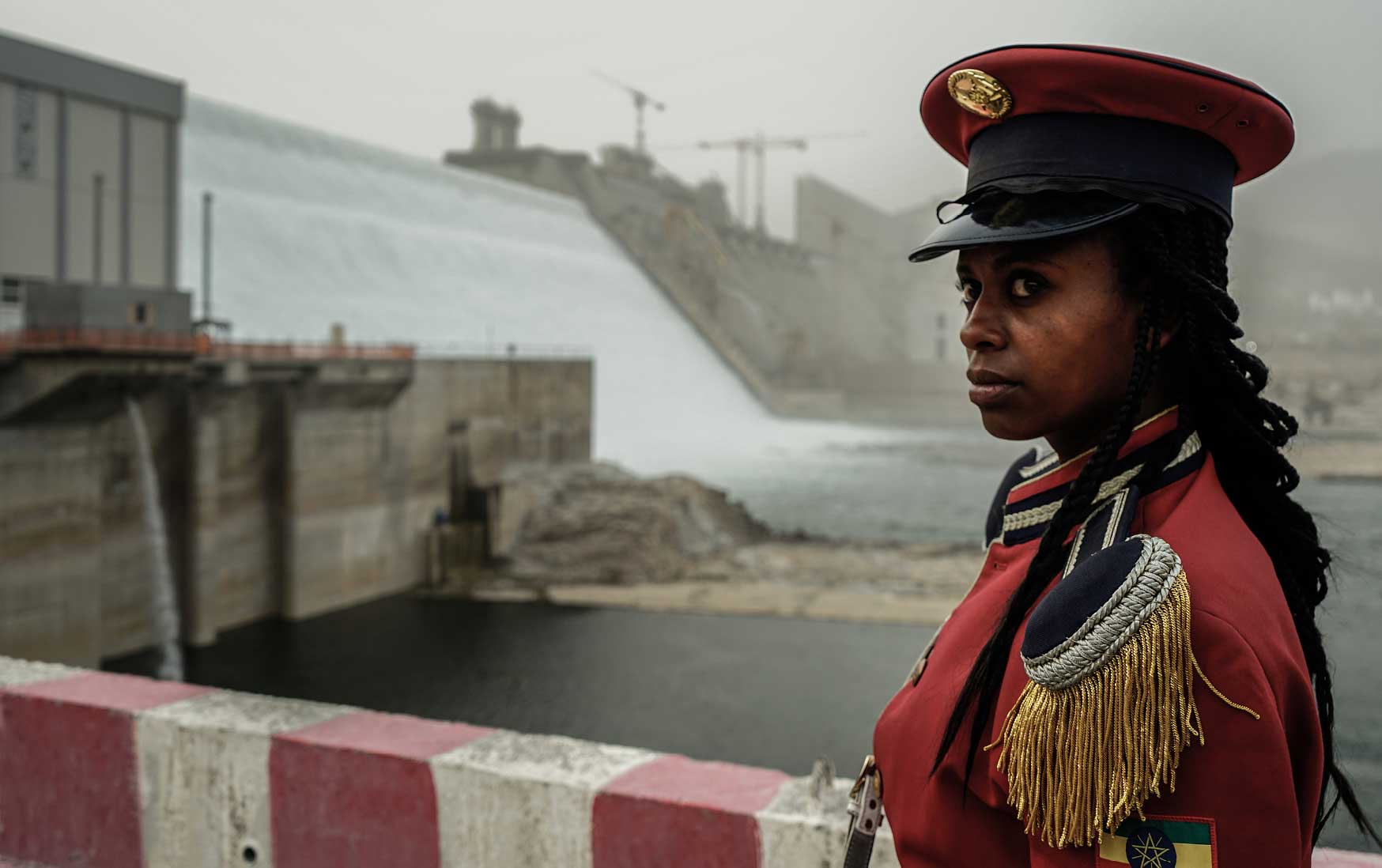
A member of the Republican March Band at the ceremony for the inaugural production of energy at the Grand Ethiopian Renaissance Dam (GERD) in Guba, Ethiopia, in February 2022. (Photo: Amanuel Sileshi / AFP)
According to Swiss air quality technology company, IQAir, “every year, seven million people die from air pollution, and billions suffer unnecessarily from the effects of poor air quality”. In South Africa, reports from the Centre for Environmental Rights and non-profit environmental justice organisation groundWork reveal that “under Eskom’s planned retirement schedule and emission control retrofits, emissions from the company’s power plants would be responsible for a projected 79,500 air pollution-related deaths from 2025 until end-of-life”.
While renewable energy sources offer Africa numerous benefits, the challenge remains in securing sufficient funding for their implementation. Renewable energy can be more cost-effective in the long run and has a low environmental impact, making it a viable option for countries seeking to transition to a more sustainable energy future. They are abundant, widely distributed, and have a low environmental impact. Although renewable energy can also be more cost-effective in the long term, securing climate funding has proven to be difficult for many countries.
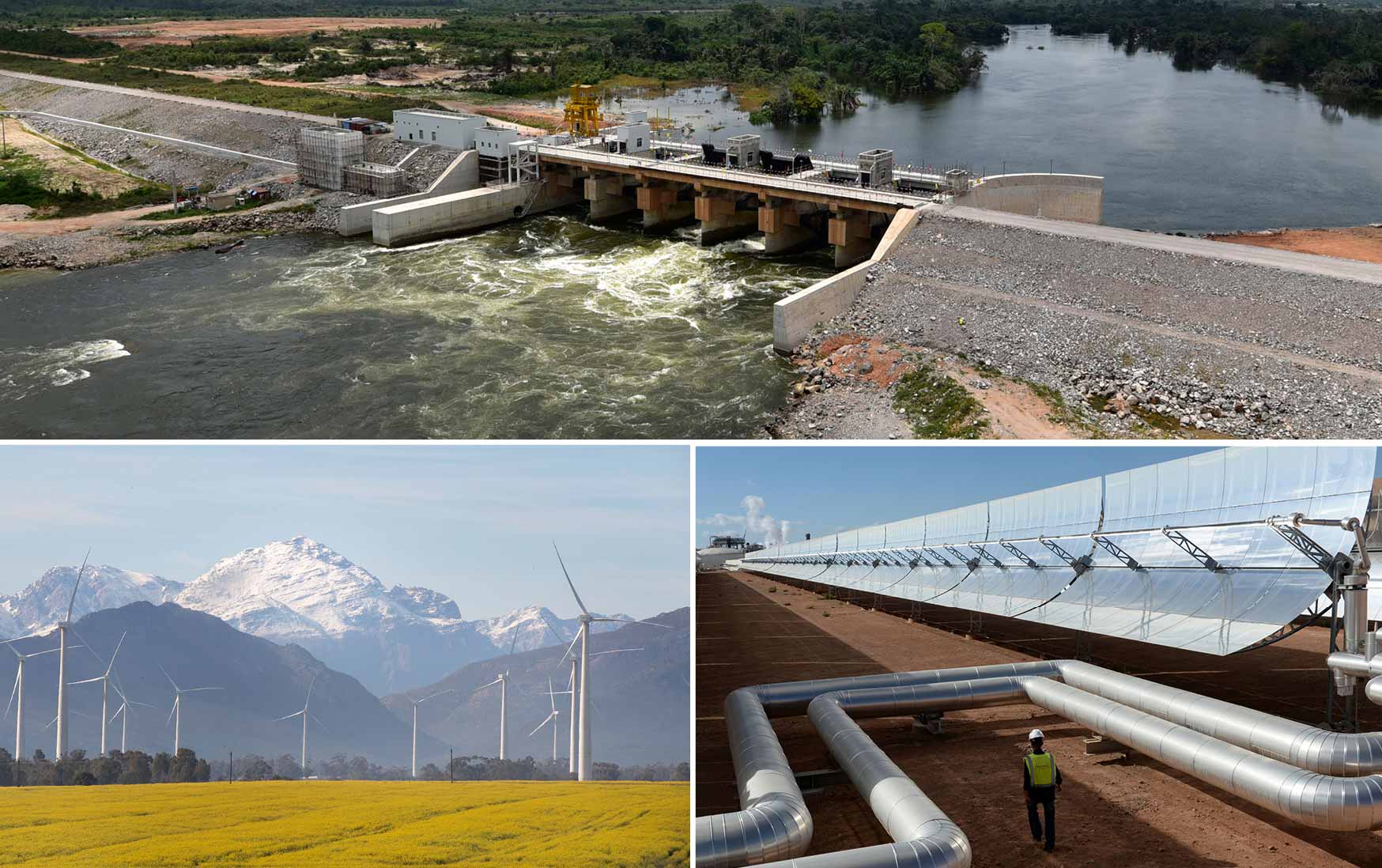
TOP: An aerial view of the Soubre hydroelectric dam, Côte d’Ivoire’s most powerful hydropower-generating dam. LEFT: Wind turbines close to the town of Ceres, about 180km from Cape Town, South Africa. RIGHT: Solar mirrors at the Noor 1 Concentrated Solar Power plant, 20km outside the central Moroccan town of Ouarzazate. (Photo: Sia Kambou, Rodger Bosch, Fadel Senna / AFP)
Ultimately, the choice between renewable energy and fossil fuels in Africa will depend on a variety of factors, including availability, cost, infrastructure, and government policies. Against this backdrop, the need for effective and inclusive governance has never been greater, particularly when it comes to shaping the transition to a more sustainable and equitable energy future with resilient African economies that are responsive to individual countries’ and citizens’ needs.
Inclusive governance can play a significant role in overcoming these challenges and promoting the adoption of sustainable energy infrastructure in Africa. At its core, access to basic services such as energy is an essential component of inclusive governance. It is imperative that governments understand their responsibility to ensure that citizens have access to basic services and amenities, and the lack of energy access in Africa suggests that there may be significant governance challenges that need to be addressed.
By engaging with a broad range of stakeholders, including marginalised communities and vulnerable populations, governments can develop energy policies that reflect the needs of their citizens. Inclusive governance can also help to promote transparency and accountability in the energy sector, ensuring that public resources are used effectively and efficiently.
Mischka Moosa is a data journalist at GGA. She holds a Bachelor of Social Science with majors in Gender Studies and Political Science that she obtained from the University of Cape Town. Her focus of interest is on decolonial approaches to justice, development and transformation in Africa.


